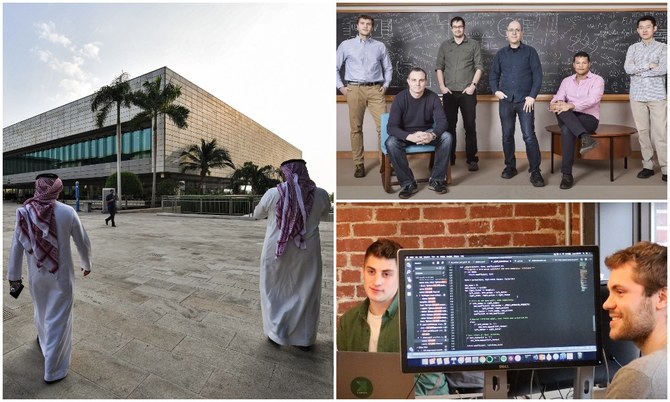DUBAI: Scientists believe the solution to designing the fuel-efficient and eco-friendly vehicles of the future could be found in quantum computing. That is why Saudi Arabia’s King Abdullah University of Science and Technology (KAUST) has entered into a partnership with US-based quantum software startup Zapata Computing.
Quantum computers can simulate and optimize the aerodynamic design process for cars and aircraft much faster than any classical computing tools. Through this partnership among other moves, the Kingdom can hope to become a regional leader in quantum technologies.
“Accessing quantum computing capability is critical to being able to process information even quicker and more efficiently in the future,” Kevin Cullen, KAUST vice president for innovation and economic development, told Arab News.
“This partnership with Zapata is KAUST’s first use case with quantum computing and is essential to building our capacity in this space. This partnership could also open the door to finding solutions to other challenges in the Kingdom and the Middle East.”
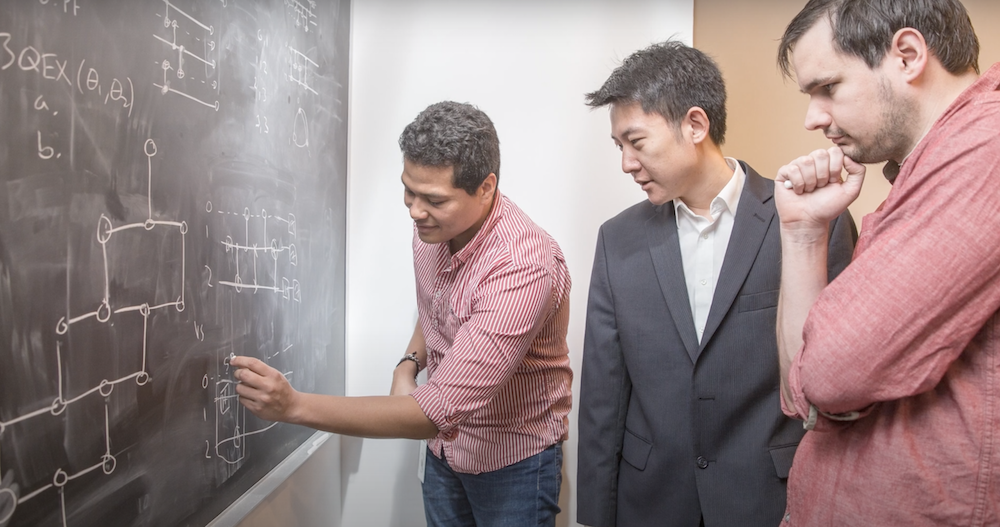
The Zapata Computing team, based out of Boston, Massachusetts, US. (Supplied)
Using Zapata’s Orquestra system, KAUST is examining various lines of research to determine how quantum technologies could offer an advantage over classical computing tools in a variety of computational fluid dynamics (CFD) use cases for aircraft and automobile aerodynamic design.
CFD computations are time-consuming and expensive to run. The simulation process is inefficient and a lot of time is wasted trying to model air flow around wings and engines more efficiently.
However, boosting work around those designs could allow manufacturers to build more energy-efficient airplanes — lowering carbon emissions and benefiting the environment.
Air travel is responsible for 2 percent of greenhouse gas emissions. As such, quantum technology could have meaningful financial and environmental rewards for airlines and manufacturers.
The university — home to the KAUST Research and Technology Park and its research and development centers, corporates and startups — has a track record of collaborating with industry partners at a national and international level.
“We are delighted to be the catalyst for bringing quantum capabilities to CFD research in the Kingdom and to the Middle East,” Cullen said.
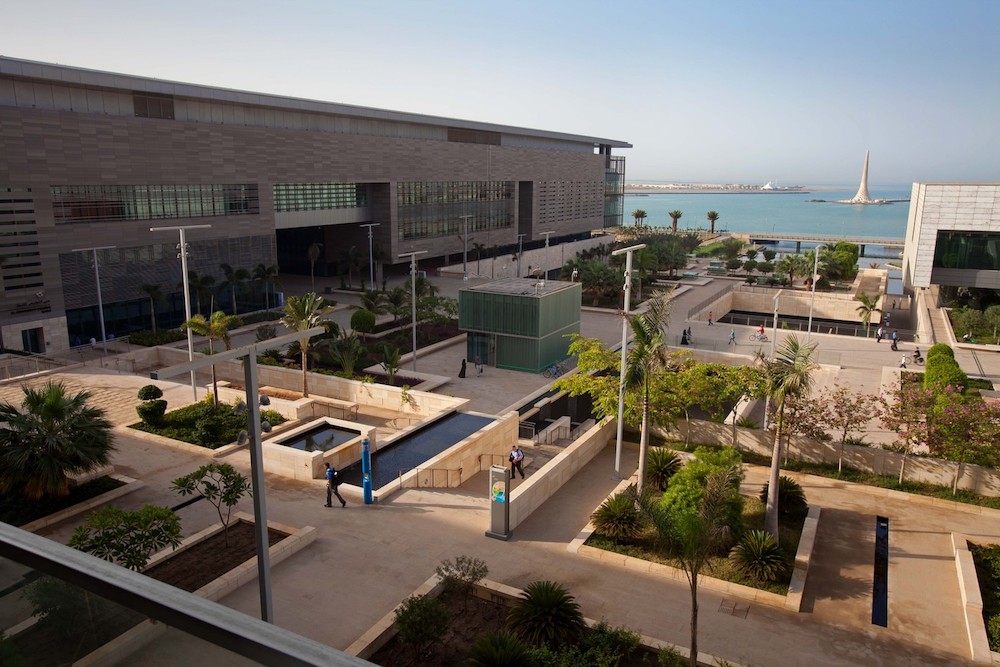
KAUST Research and Technology Park in Saudi Arabia. (Courtesy: KAUST)
“This partnership establishes Zapata as one of the first quantum computing companies active in the region and will enable KAUST researchers to explore the future of aerospace fluid dynamics.
“KAUST is a leader in the areas of data analysis and artificial intelligence (AI), and we welcome the addition of Zapata’s Orquestra technology to our capabilities in order to accelerate discovery and innovation in these fields.”
The Orquestra system helps run very complex computational tasks, also known as computational workflows.
“This means that when you run something on a quantum computer, you’re not just running the quantum computer, so to speak,” Christopher Savoie, co-founder and CEO of Zapata, told Arab News.
“You need to use a classical computer to preprocess your data and post-process your data. The quantum computer is doing a very specialized task in that workflow.”
INNUMBERS
* 150,000 - Liters of jet fuel consumed by a Boeing 747 over a 10-hour flight.
* 0.8% - Improvement in average fuel consumption by cars in US in 2018 over previous year.
The amount of classical computing needed when running a program on a quantum computer is greater than the amount of work that the quantum computer performs. The advantage of the quantum computer is that it performs specialized tasks at an extremely rapid pace.
“A lot of the work that you have to do before you even send something to the quantum computer is done on a classical computer,” said Savoie. “And everything that comes out of the quantum computer has to be processed and stored.”
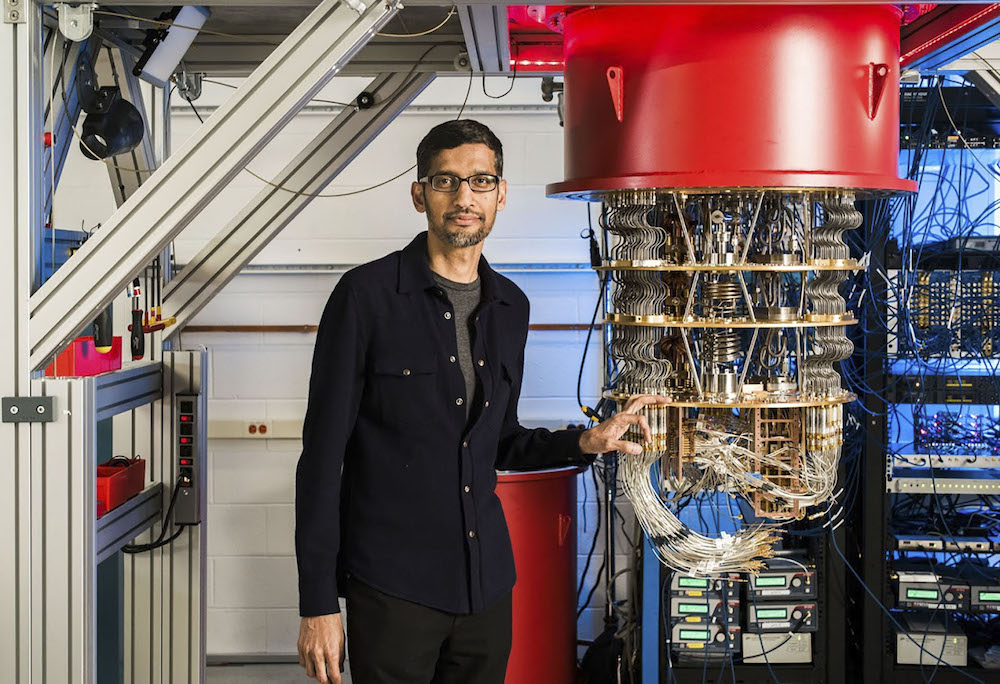
Scientists claimed on October 23, 2019 to have achieved a near-mythical state of computing in which a new generation of machine vastly outperforms the world's fastest super-computer, known as “quantum supremacy.” (AFP/File Photo)
Zapata’s Orquestra platform improves data analytics performance, empowering companies and research organizations to build quantum-enabled workflows, execute them across the full range of quantum and classical devices, and then collect and analyze the resulting data.
With Orquestra, organizations can leverage quantum capabilities to generate augmented data sets, speed up data analysis and construct better data models for a range of applications.
More importantly, it provides organizations with the most flexible, applied toolset in quantum computing so that users can build quantum capabilities without getting locked in with a single vendor or architecture for several years.
“It also allows the user to be able to switch among the various different hardware providers,” Savoie said.
“If you’re just on one of those systems, you can’t really compare them and if you find out that your program — for example in this case, the aerodynamic calculations you find are better on (another platform), then you’re going to want to be able to choose.
“Orquestra allows you the flexibility to compare among them and then be able to choose them without getting locked into a particular vendor.”
For KAUST, the immediate use will be for the aerospace industry as one of the biggest consumers of fuel.
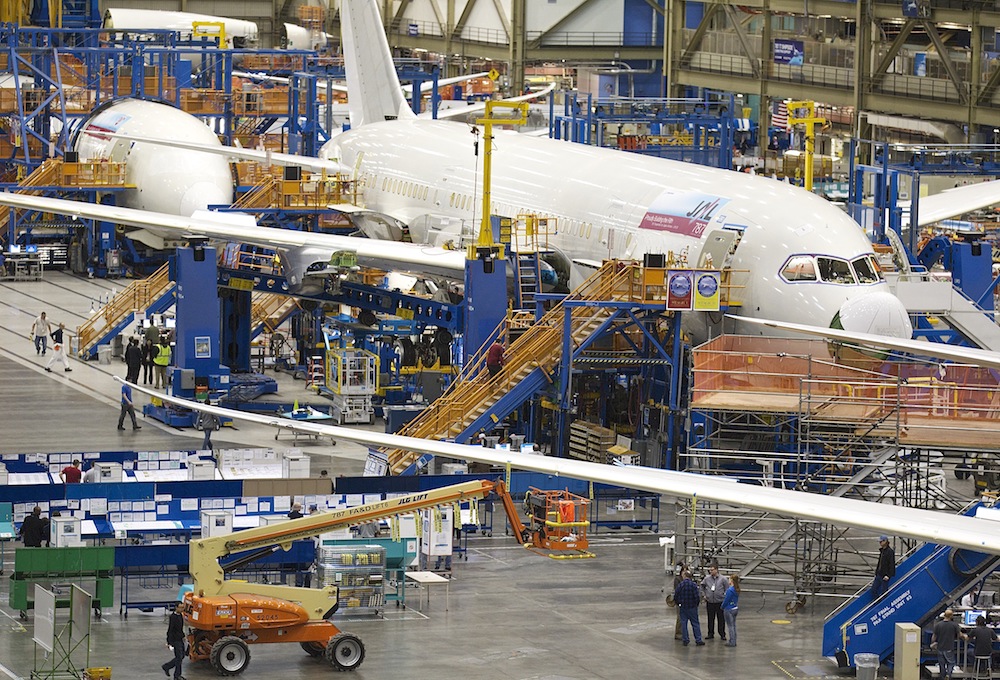
A Boeing 787 Dreamliner, which features quieter, more fuel efficient engines, more seating and a redesigned interior. (AFP/File Photo)
“There is a huge effort by companies like Saudi Aramco and all the other oil and gas companies in Saudi Arabia to be aware of the environmental constraints that boards and airline companies are constantly now finding themselves under pressure from shareholders to reduce, for good reason,” Savoie said.
“Climate change is certainly a thing that all of us as humans really have a vested interest in, and as researchers in that area of energy and fuel consumption, KAUST has a huge leadership role.”
Accurately calculating fluid dynamics — how air flows over wings and bodywork, for instance — could help the aerospace industry and carmakers create more aerodynamic electric vehicles.
Such calculations are extremely complex, taking weeks or even months of classical computing time. Quantum computers, by contrast, allow for speedups, various algorithms and differential equations.

Christopher Savoie, co-founder and CEO of Zapata. (Supplied)
“We use them technically to solve these very difficult mathematical problems,” Savoie said. “We’re talking about cutting weeks and months of time off of the supercomputing time budgets, and also, extra literal budgets, by doing this.
“That means faster iterations in these simulations of the surfaces for vehicles, to create more efficient vehicles for the future.”
Although the partnership has no specific timeframe, both parties hope it will grow in the future, starting with initial research problems that have been identified in the aerospace field.
“KAUST is involved in biotechnology and many other fields, like pharmaceutical development, that will benefit from quantum computing in the future,” Savoie said. “Other optimization and automation problems will all be affected by this technology.
“KAUST is a leading research university in the region, and one that we hope becomes what we call a ‘center of excellence for quantum computing,’ where many academic and industrial partners can come out to collaborate on pushing this technology forward.”
The focus is now on research and development, software development and training for graduate students.
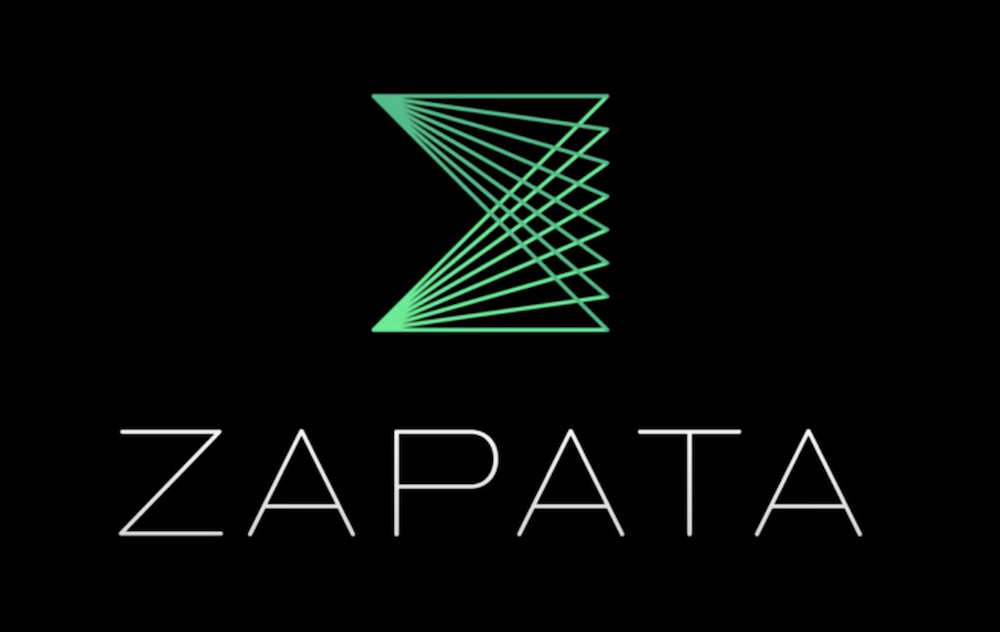
KAUST has entered into a partnership with US-based quantum-computing startup Zapata Computing. (Supplied)
“This is going to be a step function in change, just like computers,” Savoie said.
“If you think about how computers have influenced our society in the last few decades, quantum computers are going to be competing (going forward). It’s going to be at least that much, if not more, of an impact on what we’re capable of doing in many areas of human activity.”
Zapata views KAUST as a leader in this area, looking to bring the advantages of quantum computing to the region.
In the initial phase, new graduate students will receive interactive training on an online forum, due to COVID-19 restrictions, with the hope of resuming face-to-face tuition in the near future.
“The immediate next step is for Zapata to train our KAUST users and from there to start running simulations,” said Cullen.
“After that, stay tuned. We could be on the verge of some major breakthroughs.”
------------------
Twitter: @CalineMalek


